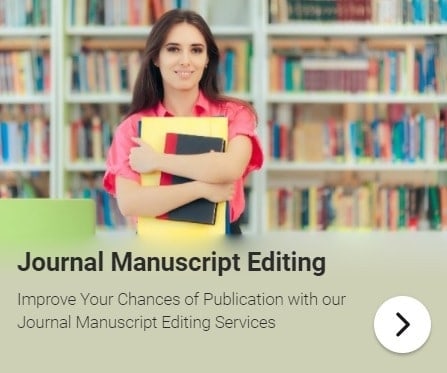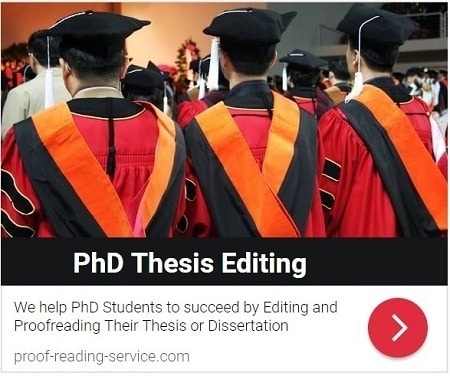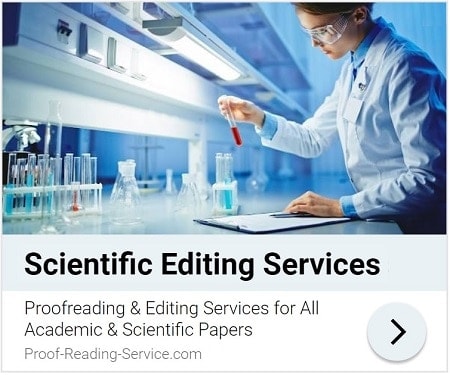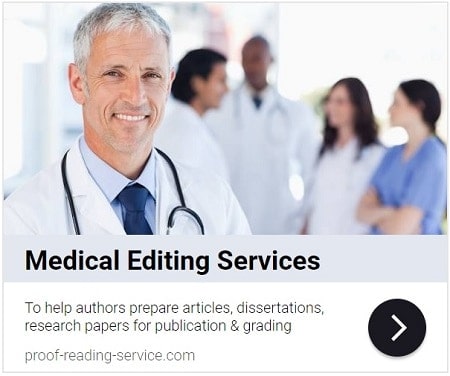
Table of Contents (Guide To Publication)
Part I: What To Publish and Where To Publish It – Chapter 2
2.1.2 Journal Importance, Citation Reports and Impact Factor: Will It Have the Right Effect?
Along with range and specialisation, the importance of a journal should be considered as you’re deciding where to submit your work. In all disciplines, word of mouth and experience as a reader is your first guide to the importance or authority of an academic or scientific journal. Every field of study has a few journals that rise above the rest – the sort of journals in which the most significant and innovative work by leading academics or scientists in the field is published. Succeeding at having work published in such a journal can earn scholarly respect, make a professional reputation and go a long way toward establishing a healthy career. These journals are well known to everyone associated with a discipline and widely read, so it is easy enough to identify them and discover the kind of work they publish. It is more difficult, however, to decide whether your work is appropriate for such a journal, if for no other reason than because such a judgement involves accurate self-assessment, so the advice of colleagues and mentors recruited as critical readers will be particularly helpful for this reason as well. If you undervalue your work by not submitting to such journals, you’ll never be published in them, but if you overvalue your work by submitting it when it’s not appropriate, your work will almost certainly be rejected, so again, you need to submit your work to one of these highly respected journals only if it fits the journal’s publishing agenda in both content and significance, not simply because you’d really like to be published in it.
Just because any given piece of work isn’t appropriate for such top-tier journals doesn’t mean that it shouldn’t be published, however, and it can be much more practical, especially as you’re working to find your authorial voice early in your career, to choose an appropriate, reputable journal for whose pages there isn’t quite as much competition. It’s always best to choose a refereed or peer-reviewed journal because this means that the research articles published by that journal have been evaluated by scholars and researchers who specialise in the subject area. This process tends to eliminate articles with flaws in content, and journals that use it tend to earn academic and scientific respect and influence. Ulrich’s Periodical Directory, online access to which can be gained through most university libraries, can be used to determine if a journal is peer-reviewed, and Journal Citation Reports, also available through most university libraries, provides a way of evaluating the research influence and impact of more than 10,000 science and social sciences journals. In the second of these publications, citations of research articles are recorded and the number of times the articles published by each journal have been cited over the course of a year is determined to construct an inclusive journal citation network. Citations of the articles published by a journal are averaged to provide an impact factor for the journal over either a two-year or five-year period, as well as an immediacy index, which indicates the number of times articles published by the journal in a given year have been cited in that same year.
Citation reports and impact factors can be extremely helpful when choosing an influential and respected journal that will effectively make your work accessible to a large number of the readers for whom you’re writing, but they should be used with caution. Citation rates in the first years after publication vary from discipline to discipline and even within a discipline one article can be cited a hundred times more often than the next article, thereby greatly improving the impact factor of a journal that nonetheless tends to publish articles that are rarely cited. There are also a number of ways in which journals can deliberately skew the citation data: by including, for instance, a smaller number of articles that are unlikely to be cited, no matter how publishable and valuable they may be, and a larger number of review articles which tend to be cited more often than research reports. Some journals even use a policy of coercive citation, a practice in which a journal editor forces an author to add spurious citations of articles published by the journal and thus increase the journal’s impact factor before agreeing to publish his or her paper. Such unethical practices suggest that competition for top ratings among academic and scientific journals is as fierce as that for publication in them among academic authors, but the best way in which journals can truly improve their ratings and academics and scientists can have a significant impact through their writing is by maintaining a close focus on scholarship that is as honest as it is accomplished.
This article is part of a book called Guide to Academic and Scientific Publication: How To Get Your Writing Published in Scholarly Journals. It provides practical advice on planning, preparing and submitting articles for publication in scholarly journals.
Whether you are looking for information on designing an academic or scientific article, constructing a scholarly argument, targeting the right journal, following journal guidelines with precision, providing accurate and complete references, writing correct and elegant scholarly English, communicating with journal editors or revising your paper in light of that communication, you will find guidance, tips and examples in this manual.
This book is focusing on sound scholarly principles and practices as well as the expectations and requirements of academic and scientific journals, this guide is suitable for use in a wide variety of disciplines, including Economics, Engineering, the Humanities, Law, Management, Mathematics, Medicine and the Social, Physical and Biological Sciences .






